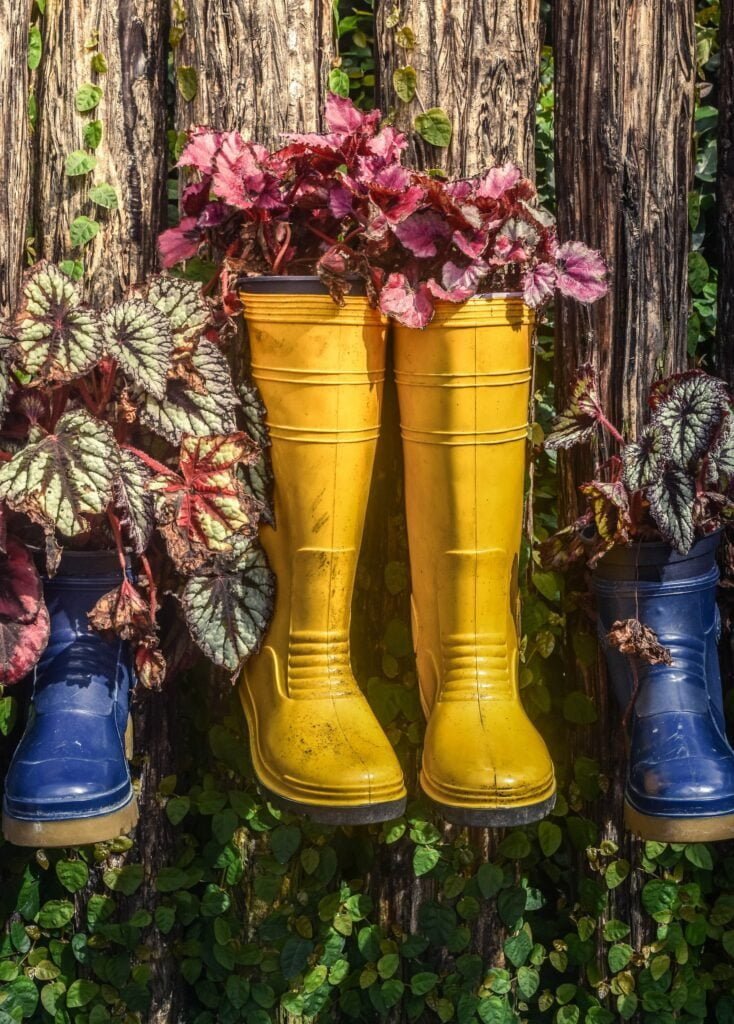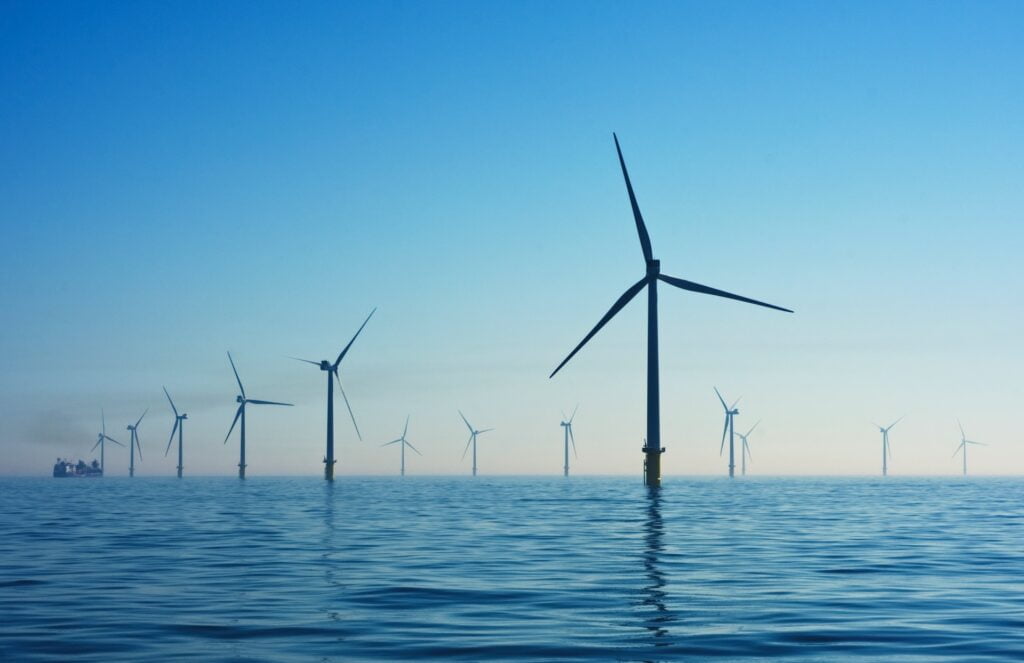Embracing Minimalism: Lifestyle Changes to Reduce, Reuse and Recycle

As the early morning sun peeks over the horizon, painting the sky in a cascade of vibrant hues, and the dew-kissed leaves shimmer in its golden light, there’s a reminder of the earth’s astounding beauty and fragility. Each day, we’re offered a chance to protect this beauty and ensure it endures for generations to come. As inhabitants of this marvellous planet, it is our duty to secure its future, a responsibility that asks for more than just admiration of nature‘s grandeur—it asks for action. Minimalism, a lifestyle that advocates mindful living and mindful travel, understanding that less is more- it might just be the action we need.

Minimalism is not an aesthetic choice but a conscious decision to reduce consumption and lead a more sustainable life. By simplifying our lives, we not only unclutter our minds but also minimize our carbon footprint.
“Our dominant ‘take-make-use-waste’ global economic model is unsustainable. Current global demand for natural resources exceeds our planet’s regenerative capacity by a factor of 1.75; we simply do not have another planet.”
Gallina A. Vincelette. World Bank Country Director for the EU
According to the World Bank, the global material footprint—a measure of the raw materials used to meet our consumption demands—reached 85.9 billion tons in one decade, a steep increase from 73.2 billion tons in 2010. Such rampant consumption contributes heavily to environmental degradation, including deforestation, pollution, climate change, and biodiversity loss. Embracing minimalism presents an opportunity to reduce our material footprint and lessen our environmental impact.
The key principles of minimalism—reduce, reuse, and recycle—are the backbone of environmental sustainability. Let’s look into how minimalism can be a significant driver in protecting our planet.
Reducing Consumption and Waste
Minimalism is about prioritizing need over want. By purchasing only what’s essential, we can significantly cut down on consumption and waste. The US Environmental Protection Agency (EPA) reported in 2018 that the average American generated about 4.9 pounds of waste per day. With a minimalist approach, we could drastically reduce these numbers.

Reusing and Recycling
By reusing items and recycling, we can reduce the need for new raw materials. According to a 2020 report from the United Nations, only 8.4% of the 100 billion tons of materials we consume each year are cycled back into the economy. A shift toward minimalism could see this figure rise significantly.
Lowering Energy Consumption
A minimalist lifestyle requires less energy. A smaller, energy-efficient home consumes less electricity, reducing carbon emissions. Moreover, a minimalist’s reduced demand for consumer goods also means less energy is needed for production, transport, and disposal.

Sustainable Choices
Minimalism encourages sustainable choices. Buying quality over quantity, from baby nappies to fast fashion and disposable products, every single choice we make will impact or harm the environment. Consuming locally-sourced, seasonal foods, reducing the carbon footprint associated with long-distance transportation, are decisions we make in our everyday life.

Mindful Travel
Minimalist travel entails packing light, travelling by train, cycling, using public transport, and choosing eco-friendly accommodations. These practices reduce carbon emissions associated with tourism, which accounted for 8% of global greenhouse gas emissions in 2017, as per a study published in the journal Nature Climate Change.


Decluttering Digital Space
Just as we aim to reduce physical clutter, minimizing digital clutter also aids the environment. Data centres worldwide consume about 200 terawatt hours (TWh) each year, roughly 1% of global electricity demand, according to a report by the International Energy Agency in 2020. This energy consumption results in substantial carbon emissions. By managing our digital footprint — deleting unnecessary emails, unsubscribing from unwanted newsletters, and optimizing cloud storage — we can contribute to reducing the energy consumed by data centres.

Minimalism in Business
Minimalism isn’t confined to personal lifestyles; it can be incorporated into business practices as well. Companies can focus on sustainable production methods, create durable products meant to last longer, and implement recycling programs. This approach not only reduces waste but also helps the company’s bottom line. Companies like Patagonia have embraced this philosophy, encouraging customers to repair their clothing and buy less.
Advocating Policy Change
Embracing minimalism can also mean advocating for policies that support sustainability. For instance, supporting policies that encourage recycling, renewable energy, and green infrastructure can create a larger impact. Minimalists, by adopting and promoting sustainable practices, can help influence public policy towards environmental conservation.
Building Sustainable Communities
Minimalists can play a crucial role in building sustainable communities. By sharing resources, promoting local goods, and participating in community-based initiatives such as communal gardens or shared transportation, we can foster a culture of sustainability.
Spreading Awareness
Finally, embracing minimalism is about advocating and spreading the word. Through education and advocacy, we can inspire others to adopt a minimalist lifestyle and reduce their environmental impact.
In a world that often equates material possessions with success, choosing minimalism may seem counterintuitive. However, the minimalist lifestyle offers a different measure of success—one that values the health of our planet and the well-being of all its inhabitants.
The key to mitigating our environmental impact lies in the choices we make every day. By embracing minimalism, we can make choices that not only improve our lives but also protect our planet. As we stand on the brink of environmental crisis, adopting a minimalist lifestyle could be the transformative change we need to ensure a sustainable and prosperous future. Remember, minimalism isn’t about having less; it’s about making room for more: more time, more peace, more nature, more sustainability, and ultimately, more life.
In essence, minimalism is about leading a life that is rich in experiences rather than possessions. It is a profound transformation that urges us to reconsider our relationship with consumption, with our environment, and ultimately with our own selves. By embracing minimalism, we can tread lightly on the Earth, leaving a positive legacy for generations to come. It may seem like a small step, but as Margaret Mead wisely said, “Never doubt that a small group of thoughtful, committed citizens can change the world; indeed, it’s the only thing that ever has.” We can be that group of thoughtful, committed citizens, and minimalism can be our torch, guiding us towards a sustainable future.
Do you want to share your story and inspire our readers ? Know that every story is paving the way for a brighter, happier future.





